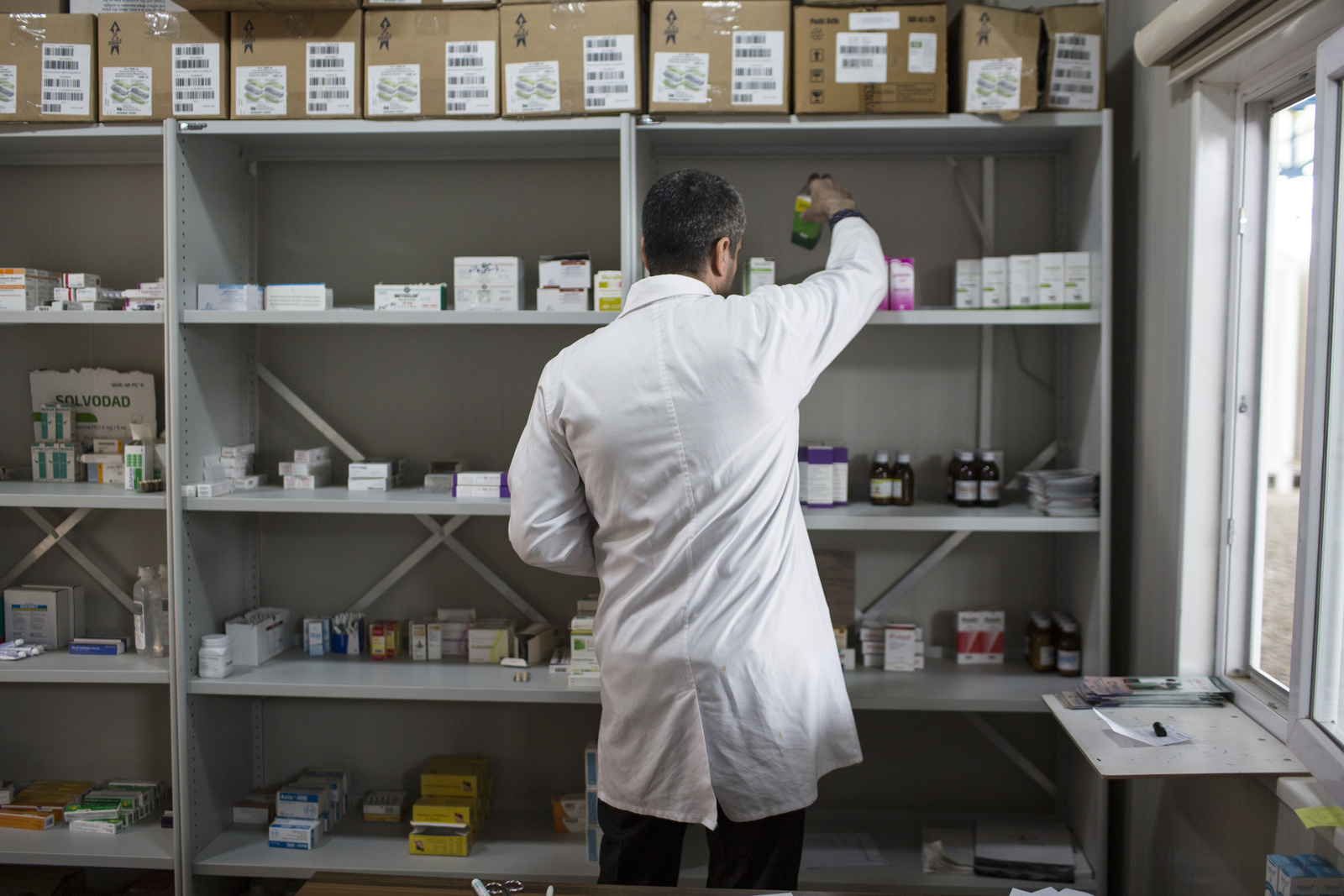Background
Universal health coverage encompasses the right to safe, quality-assured, effective, and affordable medicines, as stated in Sustainable Development Goal 3.8. However, inconsistent availability and poor affordability are hurdles for both health systems and patients.
WHO has increasingly been requested by Member States for technical input on matters relating to pricing and affordability of health products. These include the WHO Roadmap for Access to Medicines, Vaccines, and Other Health Products and World Health Assembly Resolution 72.8 on Improving the transparency of markets for medicines, vaccines, and other health products. Most recently the Expert Committee on Selection and Use of Essential Medicines recommended the establishment of a working group “to provide advice to WHO on policies and rules to make highly priced essential medicines more affordable and accessible” (p.5).
While WHO convenes the biennial Fair Pricing Forum to discuss the affordability and transparency of prices and costs, there is a recognized need for technical advice to improve equitable and affordable access via evidence-based pricing and other policies.
To this effect, the Technical Advisory Group for Pricing Policies for Medicines will support WHO to scale up the implementation of WHO mandates and guidelines, according to national contexts, to strengthen pricing policies, transparency of markets, and affordable access.
Functions
In its capacity as an advisory body to WHO, the technical advisory group (TAG) shall have the following functions:
- To provide evidence-based technical advice to guide efforts to increase affordable access to essential and priority medicines and health products;
- To advise WHO on the implementation of medicines pricing policies, emerging evidence, and good practices for improving the affordability of essential medicines;
- To advise WHO on methods for measuring availability and pricing of medicines, and the impact of interventions to make medicines more affordable;
- To advise WHO on further research, country support, and international collaboration needed to improve the transparency of markets for medicines; and
- To advise WHO on stakeholder engagement to improve the affordability of
medicines.
Documents
Members
Composition
Following a call for interest, WHO has appointed 17 members of the TAG-PPM, who serve in their personal capacities to represent the broad range of disciplines relevant to the pricing and affordability of medicines. In the selection of the TAG members, consideration was given to attaining an adequate distribution of technical expertise, geographical representation and gender balance. WHO considered the following areas of expertise when selecting TAG members:
- Norms, standards, technical guidelines, and strategic recommendations on the value of medicines
- Health economics, financing, pricing, and health technology assessment
- Procurement, reimbursement, and intellectual property of medicines
- Strategies to strengthen medicines pricing policies
- Ethics and fairness of access/affordability of essential medicines
Members of the TAG shall be appointed to serve for a period of 2 years and shall be eligible
for reappointment. A Chairperson is eligible for reappointment as a member of the TAG, but
is only permitted to serve as Chairperson for one term. Their appointment and/or
designation as Chairperson may be terminated at any time by WHO if WHO's interest so
requires or, as otherwise specified in these terms of reference or letters of appointment.
Where a member’s appointment is terminated, WHO may decide to appoint a replacement
member.
Safeguarding WHO against conflicts of interests
TAG-PPM members must respect the impartiality and independence required of WHO. In performing their work, members may not seek or accept instructions from any government or from any authority external to the Organization. They must be free of any real, potential or apparent conflicts of interest.
To this end, the members have completed a declaration of interests form and their appointment has been subject to the evaluation of completed forms by the WHO Secretariat, determining that their participation will not give rise to a real, potential or apparent conflict of interest.
Notwithstanding the requirement to complete the WHO declaration of interest form, TAG-PPM members have an ongoing obligation to inform the WHO of any interests real or perceived that may give raise to a real, potential or apparent conflict of interest. WHO may, from time to time, request TAG-PPM members to complete a new declaration of interest form. This may be before a TAG-PPM meeting or any other TAG-PPM-related activity or engagement, as decided by WHO. Where WHO has made such a request, the TAG-PPM member’s participation in the TAG-PPM activity or engagement is subject to a determination that their participation would not give rise to a real, potential or apparent conflict of interest.

